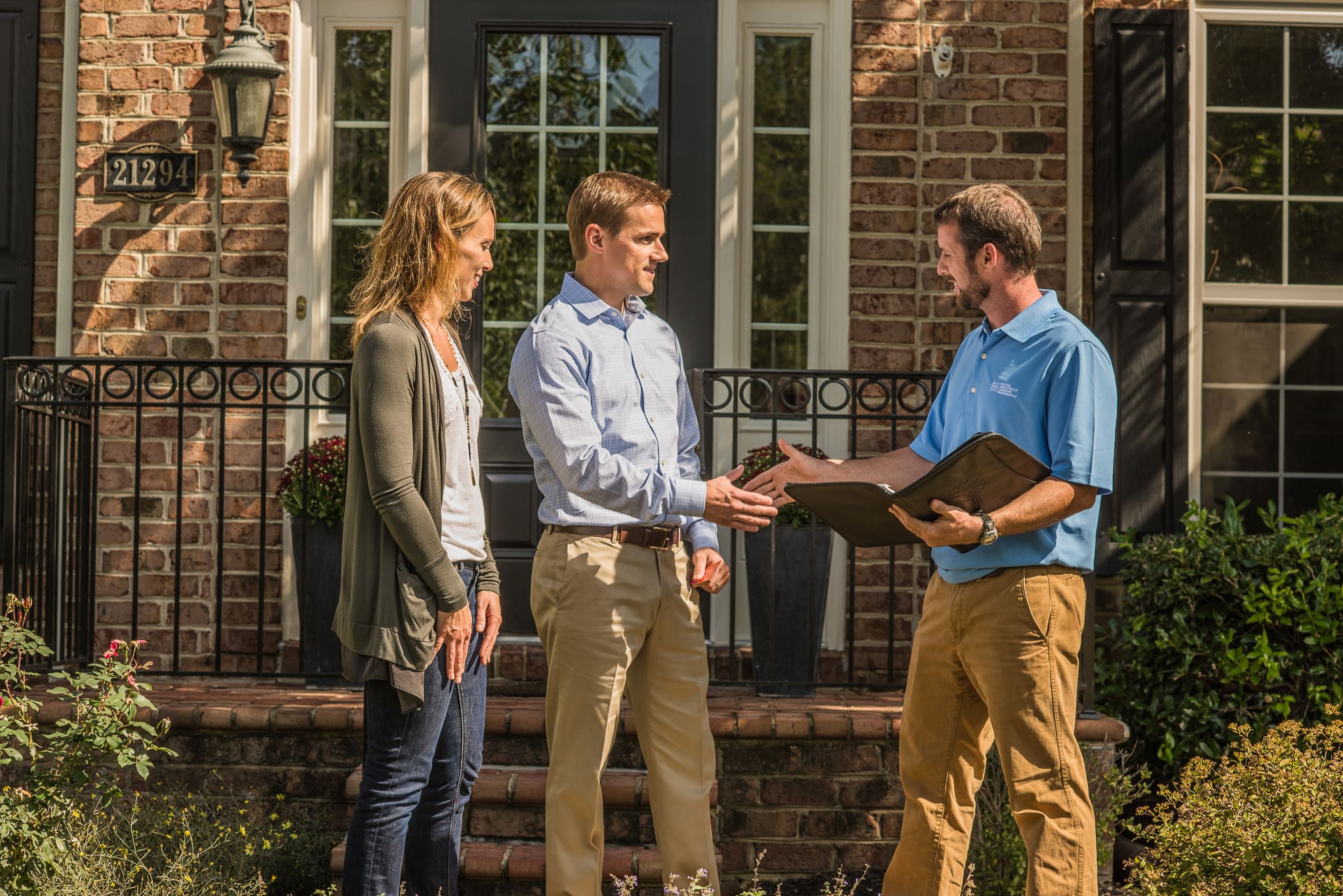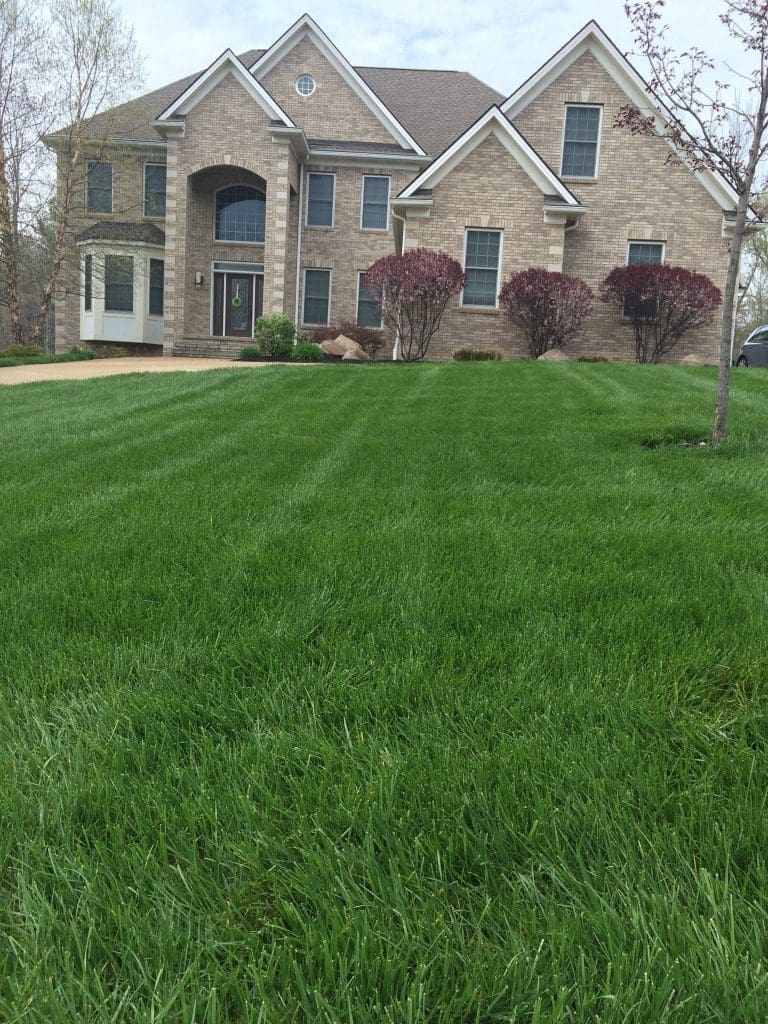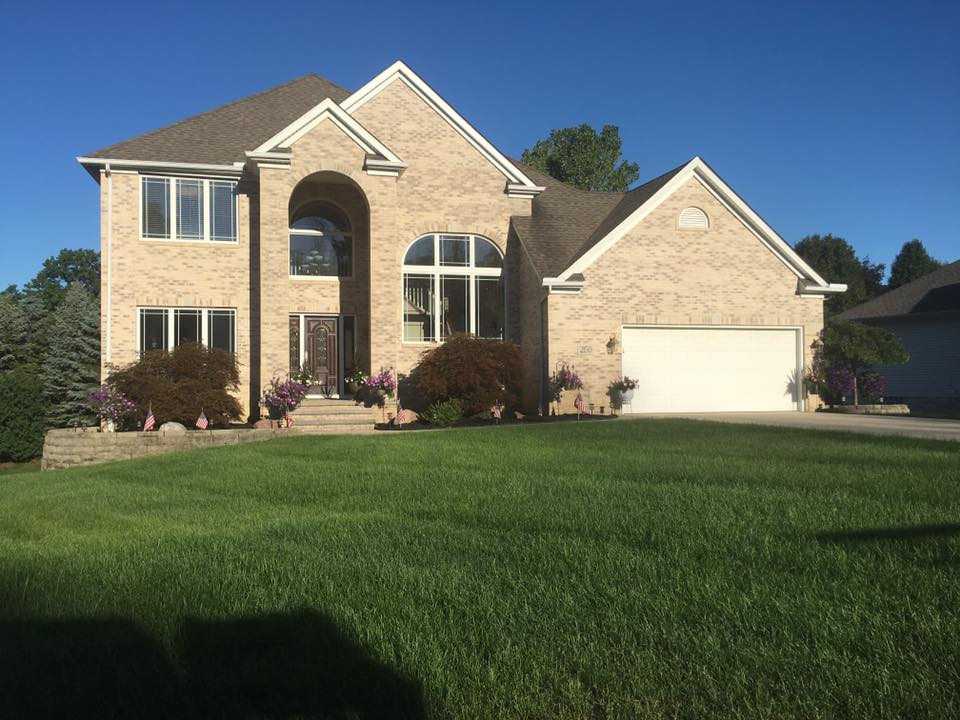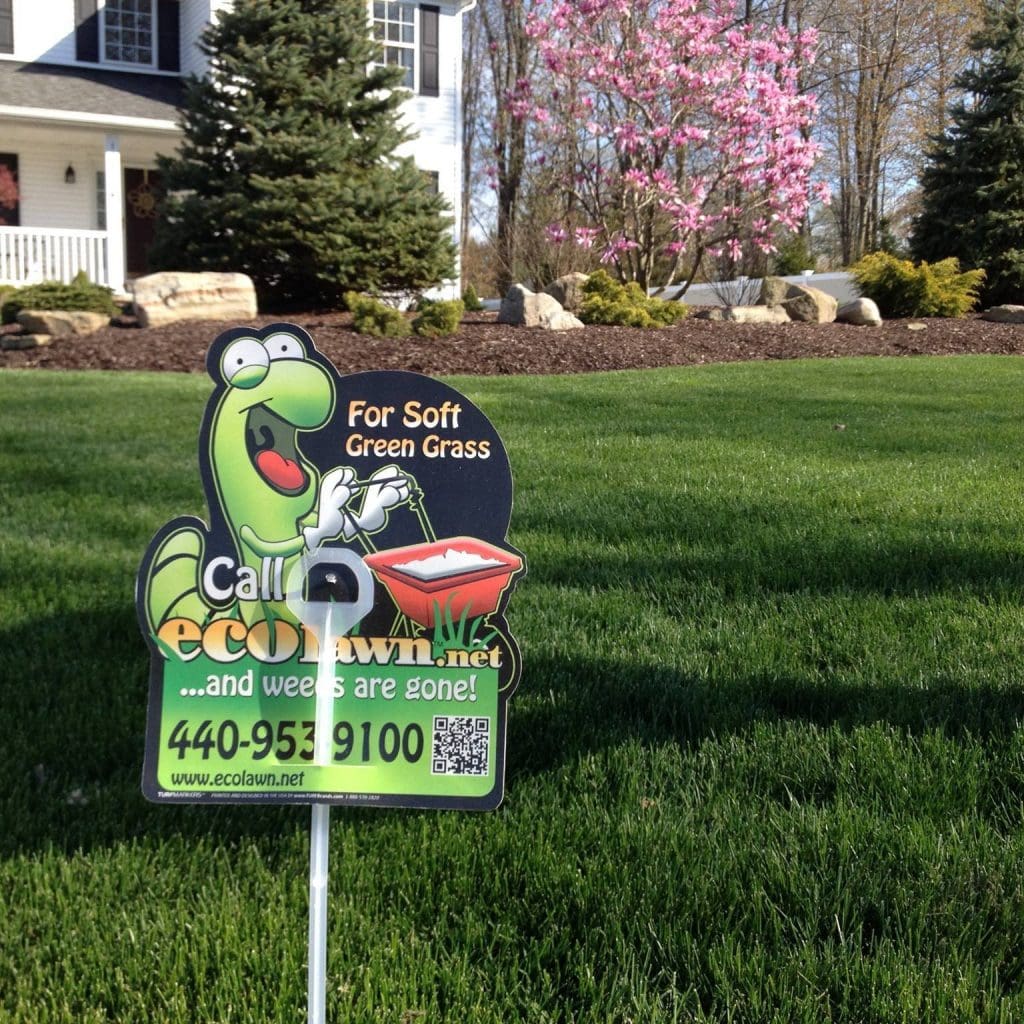
Organic is quite the buzzword lately and customers may approach you about organic lawn care services when they are trying to be more organic in other aspects of their life as well.
“I will say that organic to one customer might mean something different to another customer,” says Palmer Higgins, president of Mainely Grass, based in Portland, Maine. “That word comes with some connotations and expectations that aren’t necessarily agreed upon throughout our customer base.”
Different individuals’ definitions of organic can lead to confusion and skewed expectations. For some, it just means they don’t want any pesticides used on their yards. For others, they don’t want synthetic pesticides used on their property but are fine with certified organic pesticides.
“I think many also don’t understand that,” Higgins says. “You can have an organic pesticide, the same way you can have a synthetic pesticide. Something that is meant to control pests is still a pesticide, whether it’s certified organic or not.”
Communication with Customers
Determining what your clients consider organic is a conversation you have to have when they are requesting organic lawn care. Higgins says at least half of their customers who say they are interested in organic lawn care actually mean they don’t want to use synthetic pesticides.

At Mainely Grass, they offer four different types of lawn care programs to meet each customer’s wants. The programs are traditional, pesticide-free, fully organic, or blended, which is a hybrid of their traditional and pesticide-free program.
Don Zerby, CEO of Ecolawn, Inc., based in Eastlake, Ohio, says a big misconception consumers have about organic is that it is the one answer to all of their issues.
“We’re not a completely organic company,” Zerby says. “We offer a hybrid program combined with a whole bunch of really logical experience. Our customers find that when the better educated they are, the greater their level of satisfaction will be with their lawn.”
Understanding what your customers’ current expectations are and educating them on what is realistic is what will prevent issues from occurring later down the road.
“If customers are having the same expectations of a traditional lawn care program with a fully organic and completely pesticide-free program, then I think you’re setting both yourself and the customer up for failure,” Higgins says.
Zerby says with every call to the office they interview their potential clients to learn what their expectations are to make sure they can deliver what the customer is looking for. Oftentimes, potential customers expect an immediate solution, which isn’t how organics work.
“They might tell you that they’re interested in organics as long as those dandelions are gone by tomorrow,” Zerby says. “I have a moral obligation to teach the people. We don’t want to lead them down the wrong path. We don’t want to mislead them.”

Zerby acknowledges that they aren’t the right fit for everyone, but the customers they do have stay on for life.
“We want long-term deep relationships with our customers because it takes a lot of energy to teach the people, to help them really understand,” Zerby says.
Higgins says they work to educate customers on how organic pesticides work, and the staff members who pick up the phone are every bit as educated in turf management and pest control as the technicians that might visit a client’s property so they can answer that individual’s questions or concerns.
“What we try to do is have a more in-depth conversation,” Higgins says. “Even if you’re talking about synthetic pesticides, these are registered products. They’re regulated by the EPA. They’re regulated by the state in which you live.”
One thing Higgins tries to be clear about is how your organic options for controlling mature crabgrass are limited.
“Your cultural practice option is to wait till it dies off in the fall and to reseed in the fall to try to crowd it out naturally with grass,” Higgins says. “The thicker your lawn is the harder it’s going to be for weeds to germinate. But that’s a 1+ year solution. If you don’t want a 1+ year solution, then you’re probably going to have to shift towards some traditional methods.”
Higgins says it’s about a 50/50 split between the customers who still want to do organic lawn care after their expectations have been adjusted.
Starting with the Soil
The key to having a successful organic lawn care program requires focusing on the soil and this requires time.
Higgins says the first step for any organic program is conducting a comprehensive soil test that is representative of the whole property and looks at more than the soil pH. This is because very few soils are in perfect condition from the start, and you need proper soil conditions both chemically and structurally in order to have a successful organic program.

“We learned a long time ago that it all starts with the roots, the foundation, so we have to replace the nutrients that were removed in the construction process after the lawn has already been put in,” Zerby says.
Zerby says the more you focus on the roots, the healthier the lawn is and the less weed growth there is. He says their clients will notice over time they’ll see fewer problem weeds in general as the lawn becomes thick and full with their program.
Higgins says it’s still possible to offer weed control with organic programs, but this requires investing the dollars and the time to get the soil right first.
Offering Organic Services
If your lawn care company has been considering offering organic lawn care services, Higgins says there’s nothing wrong with offering clients a choice.
“We are in a service industry and we’re here to meet customers where and how they want to be serviced,” Higgins says. “Our job is really to provide them options that we feel we can stand behind and educate them so that they have proper expectations.”
However, Higgins says if you don’t feel like you can create an organics program where you can stand behind the results, it’s better not to offer the service. He says he isn’t worried about losing other potential customers who are judging one of their organic customers’ properties.
“I don’t treat a lawn just to have it be a billboard for someone else,” Higgins says. “I treat a lawn to help that customer enjoy their outdoor space to the fullest. If that means it might not look as good as their neighbor who uses a traditional program and we’re maybe only in year one of what is ultimately a 3+ year journey of getting their lawn up to par in a fully organic way, I’m okay with that as long as my customer is okay with it.”

